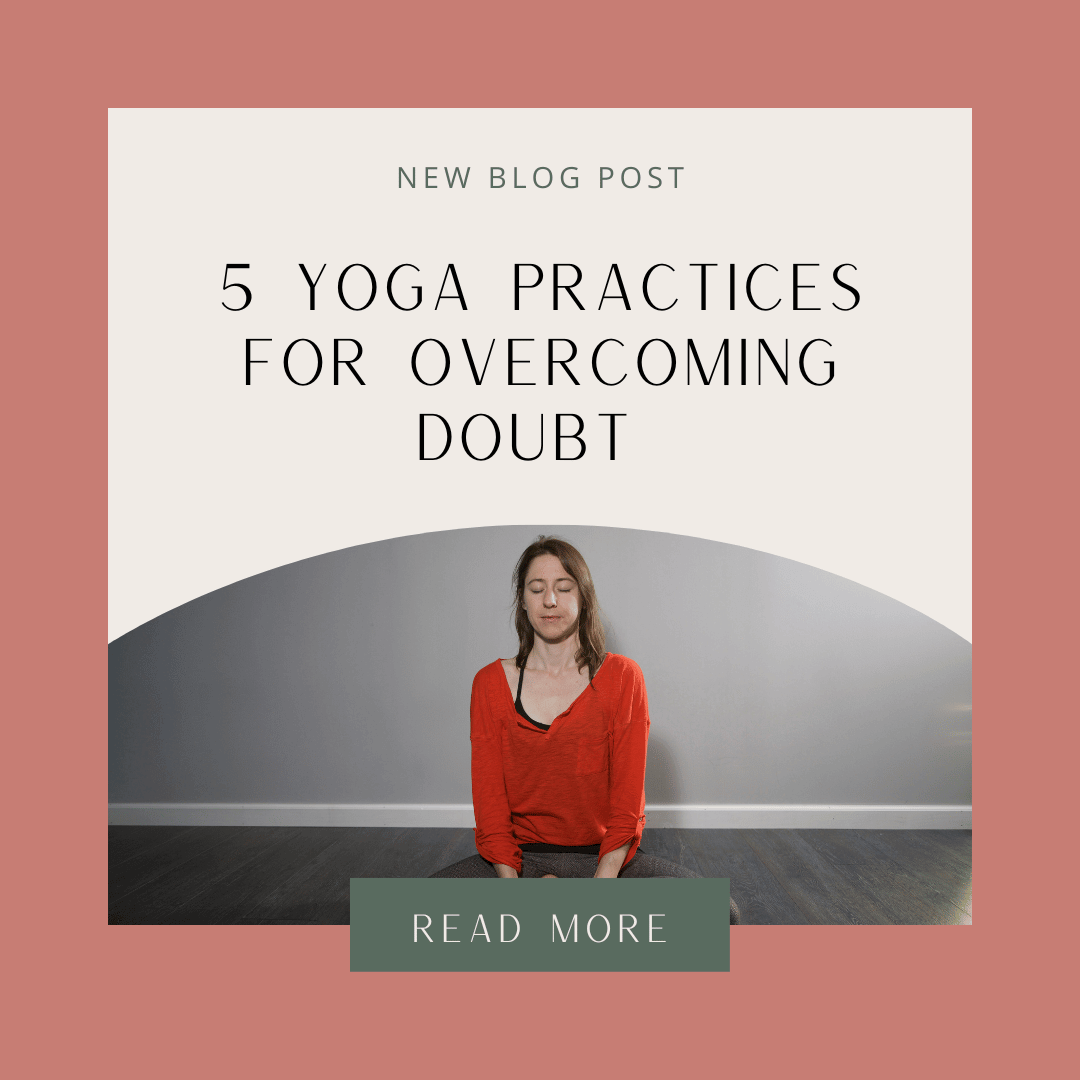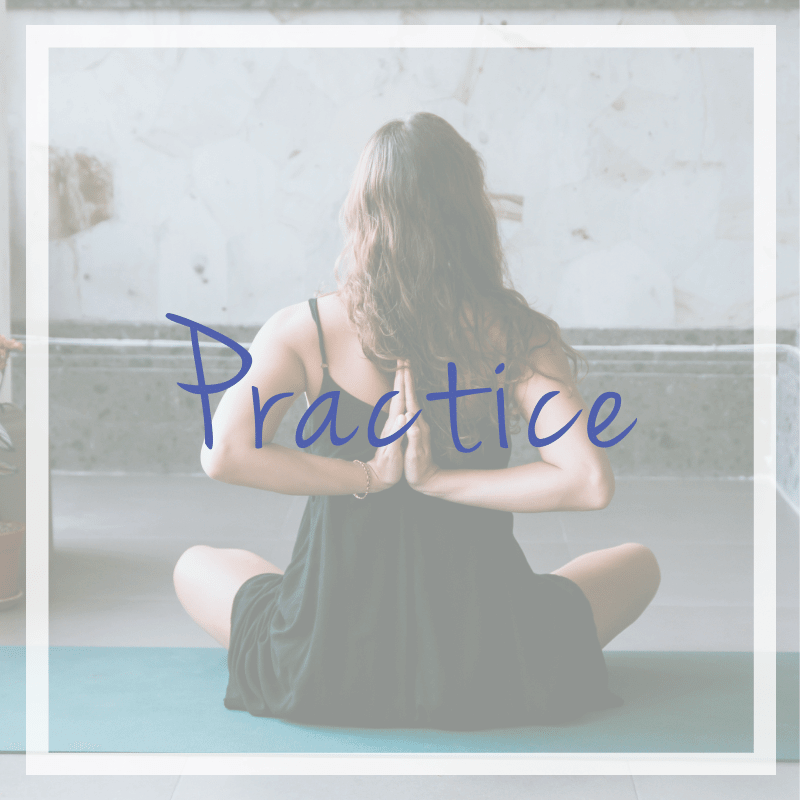In a polarizing national landscape, it can feel discouraging to find hope and guidance. In an era of fake news and alternative facts, it can feel frustrating to seek the truth.
Take, for example, a national narrative that has been instilled in the minds of many generations of American children. Work hard and you, too, can achieve the American Dream. What parents often fail to warn about is how many obstacles will appear along the way.
In the recent past it seemed that some of those obstacles were beginning to clear. But then, played out in the national spotlight, the rules as we knew them were crumpled up, thrown out, and set on fire to the bemusement of some and the utter dismay of others.
Without “conventional” wisdom to turn to, with the proliferation of fake news, without being able to trust authority, and without being able to turn to your family and friends due to divided beliefs, where to turn?
The Importance of Faith
Many people will turn to the Bible and their church for hope. When all feels lost the last bastion of hope lays in our faith in something greater then us. Not everyone will turn to Jesus, though.
According to the Pew Research Center, there are approximately 56 million adults in the US who are religiously unaffiliated, of which 8.8% feel religion is unimportant.
To share some context for the approximately 70% of the US adult population that is affiliated with Christianity, let me share a story about my recently deceased grandmother. It is partly because of her that I do not have a strong connection to organized religion and consider myself one of the religiously unaffiliated.
My grandmother grew up in Brno, which today is in Czechia but at the time was part of the Austro-Hungarian Empire. Her family was ethnically German and they were Roman Catholics. At the end of World War II, the Czechoslovakia government decided to round up all the ethnic Germans and force them out of the country. They threw everyone in refugee camps where many people died of starvation and many people disappeared never to be heard from again, including my great-grandfather.
At the exact moment when everyone was being rounded up and forced from their homes, my grandmother ran to the church in her town for protection and safety. It was the only place she knew to go for help. She had trusted that the church would save her, but the doors remained bolted shut and she was denied sanctuary from a cruel future. That incident led her to lose her faith in the church. My father, born in the United States, didn’t grow up with much religion based on the experiences of his mother and that was very much passed down to me.
Ancient Teachings from The Yoga Sutra
Without conviction for the Bible, I’ve found solace in another ancient teaching, the Yoga Sutras. Similar to the Bible, the Sutras offer advice and guidance for living life without the demand for belief in one specific system. In Yoga, you are free and encouraged to believe in any higher power of your choosing.
I’ve found the Yoga Sutras offer poignant advice for dealing with the world in the age of fake news. In fact, fake news is nothing new. We’ve been dishing out fake news to ourselves for millennia.
Yoga Sutra 1.5-1.11 describe the activities of the mind. These activities can be both beneficial and/or destructive. The five activities of the mind are:
- Comprehension
- Incorrect knowing (misapprehension)
- Fantasy/Imagination
- Sleep (unconscious)
- Memory
To perceive and interpret information we are always using a combination of these activities.
Yoga Sutra 1.7 specifies that to comprehend correctly involves a combination of:
- directly experiencing or observing an object or situation through the senses
- inferring based on logical reasoning
- receiving testimony or communication from a reliable authority or authoritative text
Yoga practice is important to train the mind toward continuous comprehension and filter out incorrect knowing, fantasy, memory, and unconscious thought patterns.
While it can be esoteric and confusing, the sutras deliver an important lesson for our modern times. Until we fully understand what is true for us we can’t even begin to understand what is true for someone else. And until we go through the process of trying to figure out what is true for us, we will never understand that what is true for us is not true for the person next to us.
The search for truth
Truth (satya), then, isn’t enough.
Commonality and understanding cannot be achieved by reading news stories and engaging in Facebook banter. Solidarity will only happen when we choose to show up as ourselves ready to accept every other being, regardless of political belief, religious affiliation, sexual identity, or any other label, as equal. Equally confused, equally capable, and equally trying our best to live life the way we best know how.
The road will be tough. It will require lots of practice, patience, and detachment. (Yoga Sutra 1.12). It will require unshakeable faith (Yoga Sutra 1.20). It will require deep breaths (Yoga Sutra 1.34). We cannot do it alone. It will require teachers, mentors, guides, each other (Yoga Sutra 1.37).
It won’t happen overnight.
We must get off our couches and out from behind our desks. Only then will compassion win over fear. Fear is what ultimately leads to strong convictions. Fear for loss of what we have worked so hard to create, cultivate, sustain, or destroy. When we no longer fear that we will be the loser, get the short end of the stick, or have something we value taken away from us, then we can unite and prosper.
May you find solace and comfort in the ancient wisdom that best speaks to you and remember that your own truth is valid, important, and different then mine.
Keep the faith!
Did you find this post inspiring? Download the Essential Elements to Living Your Inspired Life here.
Namaste





